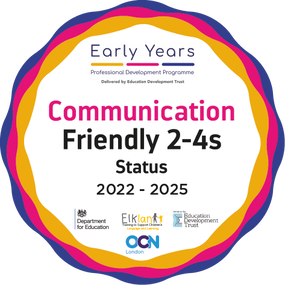MATHS
At Kexborough Primary School, we intend to:
Throughout EYFS, we work towards the Early Learning Goals in a number of ways, mainly group/whole class teaching and independent learning through play in provision. We ensure that:
EYFS Maths
Year 1 Maths
Year 2 Maths
Year 3 Maths
Year 4 Maths
Year 5 Maths
Year 6 Maths
At Kexborough Primary School, we intend to:
- Utilise a range of fluency, reasoning and problem solving style questions in a practical and engaging manner. We are well on our way along the Teaching for Mastery journey.
- Ensure our children have access to a high quality mathematics curriculum that is both challenging and enjoyable proving that teaching across the school is consistently at good or better.
- Have a solid understanding of mathematical concepts and skills to equip our children for later life.
- Make our children logical thinkers who work in a systemic manner in order to solve a range of mathematical problems.
- Ensure progress is at or above national through early identification and intervention through appropriate assessment opportunities.
- Secure firm foundations in the development of good number sense for all children from Reception through to Year 1 and Year 2; the aim is for all children to leave KS1 with fluency in calculation and a confidence and flexibility with number.
- Systematically teach times tables based on prior knowledge learnt ensuring that children understand conceptually and are not just learning by route.
- Use manipulatives (practical maths) and visual aids including the use of ICT (such as Braining Camp) as part of our everyday teaching.
- Build stamina and accuracy with arithmetic skills; each class has a daily focus on arithmetic skills through a ‘Ten a Day’. This includes 10 arithmetic questions that include procedural variation and varied fluency. These also encompass all the four basic operations and is targeted to the needs of the children as identified from summative and formative assessments.
Throughout EYFS, we work towards the Early Learning Goals in a number of ways, mainly group/whole class teaching and independent learning through play in provision. We ensure that:
- Maths, specifically, Number is taught for 15 minutes daily through the use of the Mastering Number Programme and resources such as Numberblocks.
- Another Maths lesson is taught for 15 minutes daily. This ensures children learn the broader mathematical knowledge and skills required to access the Year 1 curriculum. This includes shape, space and measures as well as further developing and consolidating number.
EYFS Maths
Year 1 Maths
Year 2 Maths
Year 3 Maths
Year 4 Maths
Year 5 Maths
Year 6 Maths



